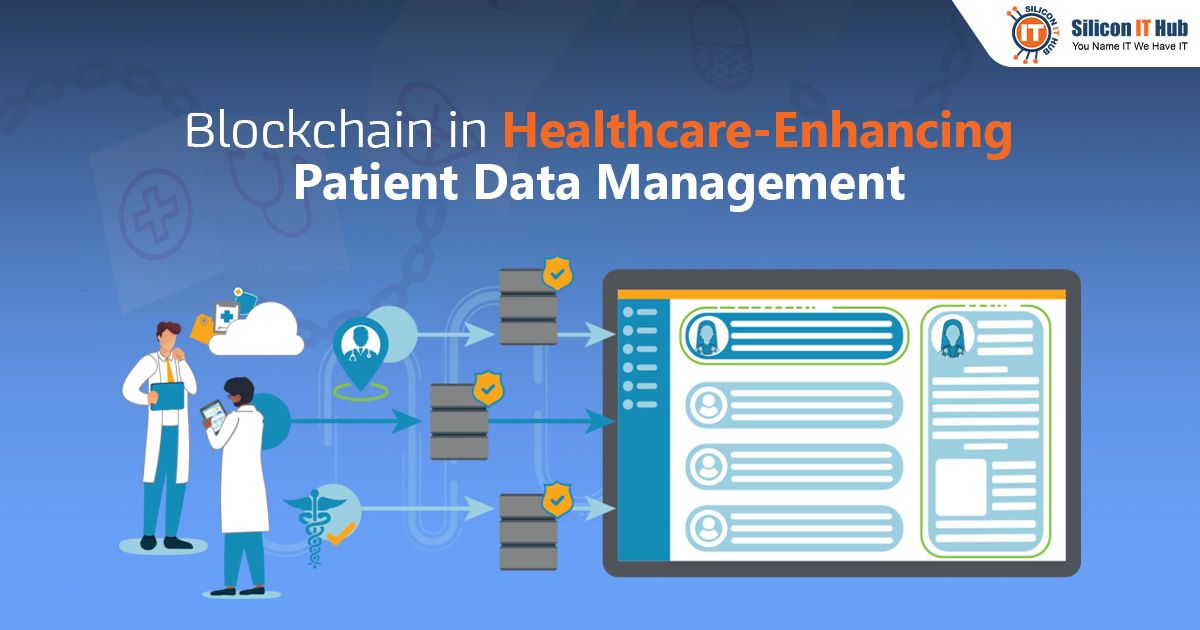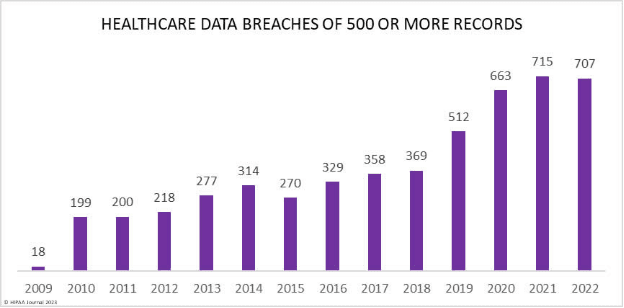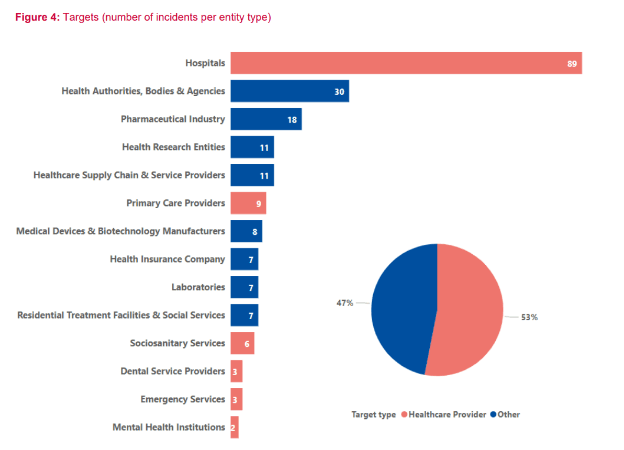How Blockchain Improves Patient Data Management in Hospitals

Introduction
The healthcare sector has many challenges to face in ensuring the safety of patient data. Some key challenges include traceability, audit, trust, and privacy. Moreover, there is always a risk of data loss in case of natural calamities. Your hospital needs to take all the necessary measures to manage the valuable information of patients. Here, blockchain app development comes to rescue.
As a disruptive and decentralized technology, blockchain has a potential to bring transformation in patient data management. Let’s dig deep into the role of blockchain technology in managing patient data. But, before moving ahead, let’s go through the current situation quickly.
Current Situation of Patient Data Management
Patient data management plays a vital role in diagnosis and therapeutics. In other words, healthcare professionals require a proper data related to the patient for effective medical decision-making. The Patient Data Management System (PDMS) database stores detailed statistical analysis of various aspects.
Leading mobile app development companies can build robust apps that healthcare companies integrate into PDMS. It enables them to offer physicians and staff a real-time access to the patient’s health data. The emergence of social media platforms, smartwatches, and other smart fitness devices have caused the explosion of health data.

Image Source: HIPAA Journal in 2023 report
In recent years, however, many healthcare organizations have faced attempts to data breach. A HIPAA Journal in 2023 report has mentioned that data breaches across the US were responsible for compromising over 30 million healthcare records.
Another report from The European Union Agency for Cybersecurity (ENISA) mentioned that of all cybersecurity incidents, 53 percent targeted hospitals. It indicates the alarming situation for the thriving healthcare sector.

Image Source: internxt
On one hand, these data breaches lead to loss of sensitive information and on the other hand, it ruins integrity. This situation demands high-end security of data and privacy protection. Blockchain app development can make it possible for healthcare organizations.
Let’s understand the impact of blockchain in the healthcare sector before discussing the ways this technology transforms patient data management.
Understanding the Role of Blockchain in Healthcare
The helathcare industry has to deal with sensitive patient data and privacy protection necessitating a robust technology that handles both these challenges. Blockchain technology is perfectly suitable for this purpose. Its decentralized nature with high transparency and immutability are ideal for meeting these challenges.
Blockchain can manage the patient’s data securely and effectively by addressing key concerns like security vulnerabilities. Traditionally, a central authority manages patient health databases, but the blockchain brings decentralization ensuring data security and privacy protection in patient data. We will discuss the role of blockchain in patient data management.
How Blockchain Transforms Patient Data Management
The blockchain technology is capable of redefining the conventional paradigms irrespective of industry sectors and scales of companies. It makes the patient’s health data immutable and facilitates collaborations with more transparency. Here are the top ways blockchain transforms patient data management process-
1. High Interoperability
Blockchain ensures seamless and secure data sharing maintaining interoperability in the process. It enables healthcare solution providers to communicate and collaborate more effectively. It also maintains the patient’s privacy and consent.
2. Streamlined Trials
A blockchain-powered system can record trial data securely to streamline the process. It supports auditability and strengthens transparency while ensuring confidentiality of the patient’s data. Streamlined clinical trials can also protect privacy of patients more effectively.
3. Enhanced Medical Supplies
Blockchain solution developers assist pharmaceutical and healthcare sectors to manage the supply chains. This technology offers end-to-end traceability of medications and surgical supplies to reduce the risk of counterfeit drugs.
4. Secure Records
When it comes to creating secure and tamper-proof patient records, this technology offers the most suitable and powerful option. Such secure patient records can ensure data integrity by preventing unauthorized access or unwanted manipulation.
5. Fraud Detection
This revolutionary technology provides users with a transparent and immutable audit trails of online transactions. It can help organizations prevent healthcare fraud like insurance fraud and identity fraud saving many bucks.
6. Data Monetization
Research initiatives and blockchain-based data marketplaces can be good options for monetizing the health data. Patients can participate in such options. They can get incentives for data sharing without compromising their privacy thanks to blockchain.
7. Regulatory Compliance
HIPAA in the US and GDPR (General Data Protection Regulation) in the EU are two major data protection regulations. Blockchain-based health applications can comply with these regulations and address other considerations related to legal aspects.
Healthcare institutions can consult reputed mobile app development companies to integrate blockchain-based features in their dedicated applications. These features can improve patient data management.
Success Stories of Blockchain in Patient Data Management
This sector works among heavy regulations and complex operational networks to offer patient care services. Here, the blockchain technology can redefine the conventional paradigms by offering the benefits of decentralization and immutability. Here are some of the top use cases of blockchain in healthcare data management.
Secured Records
Security of the patient’s EHR (Electronic Health Record) is of paramount importance in this digital age. It is also a bit challenging for the healthcare institutions. Here, immutability and declassification of blockchain lends a helping hand to safeguard confidential records.
Advanced Sharing
Medical research generates massive data that has the potential to revolutionize patient care services. Transparency and traceability of the blockchain technology assists healthcare organizations to share the vast trove of data in real time.
Better Management
The pharmaceutical sector required a strong supply chain management. It can make sure that the right medication reaches the right patient at a right time. Bitcoin offers treaceability to play a vital role in managing the pharmaceutical supply chain.
Future of Blockchain in Healthcare Industry
A blockchain technology is capable of addressing specific challenges of the healthcare industry. Blockchain healthcare applications are still in the nascent stage and require attention on research and technology integration. Moreover, it is essential to consider regulations and other aspects before developing a customized health apps.
Blockchain apps will enhance privacy and offer patient-controlled data access. We can expect that more powerful blockchain app will be integrated into the business system and its features based on AI/ML, and blockchain will eliminate conventional practices by giving more control to app users. This technology will also promote the rise of wearables and automation of some repetitive processes.
How Silicon IT Hub Can Help You
Silicon IT Hub is a renowned mobile application development company that has gained fame for integrating technological advancements in app solutions. We assist you to leverage the benefits of a blockchain technology in customized solutions.
We provide our corporate clients with a right blockchain development roadmap and effective execution. Our compliance-assured, robust, secure, and reliable blockchain-powered apps can handle multiple tasks and transactions seamlessly.
We, at Silicon IT Hub, offer end-to-end services in the domain of blockchain app development ranging from consulting, POC development, NFT development, wallet applications, and smart contracts development, Simply put, we offer the best-in-class blockchain development cost-effectively.
Concluding Lines
Blockchain plays a crucial role in the healthcare sector in multiple ways. It can increase the patient’s control over their medical data, enable healthcare professionals to get access to core information, and manage the healthcare supply chain. Health service providers can consult a reputed blockchain app development company to make the most of this technology in transforming patient data management.





 Have an Idea?Let’s Build It Together!
Have an Idea?Let’s Build It Together!

